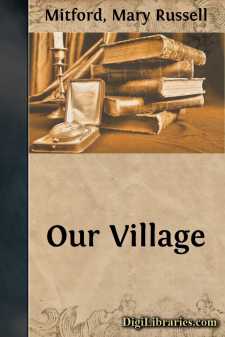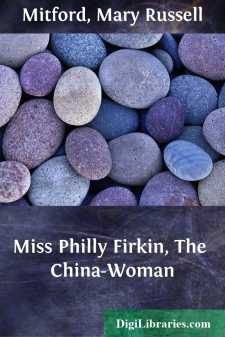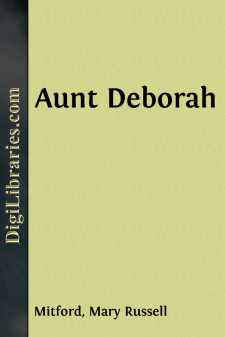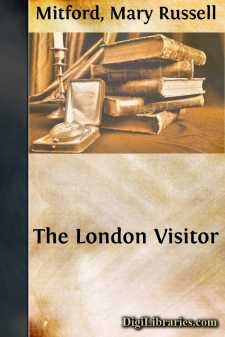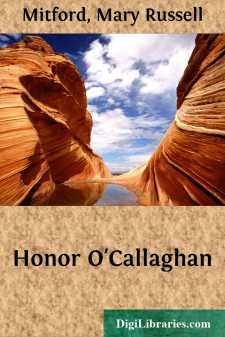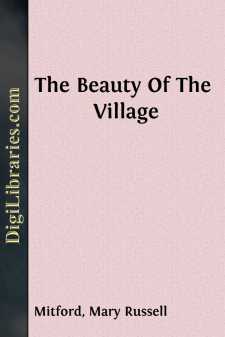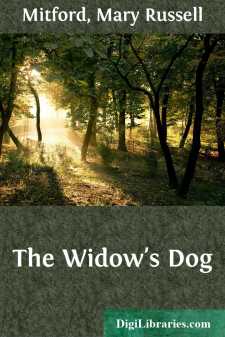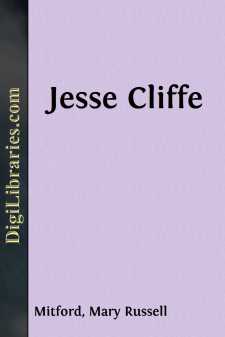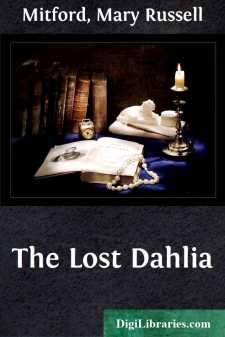Categories
- Antiques & Collectibles 13
- Architecture 36
- Art 48
- Bibles 22
- Biography & Autobiography 813
- Body, Mind & Spirit 142
- Business & Economics 28
- Children's Books 15
- Children's Fiction 12
- Computers 4
- Cooking 94
- Crafts & Hobbies 4
- Drama 346
- Education 46
- Family & Relationships 57
- Fiction 11828
- Games 19
- Gardening 17
- Health & Fitness 34
- History 1377
- House & Home 1
- Humor 147
- Juvenile Fiction 1873
- Juvenile Nonfiction 202
- Language Arts & Disciplines 88
- Law 16
- Literary Collections 686
- Literary Criticism 179
- Mathematics 13
- Medical 41
- Music 40
- Nature 179
- Non-Classifiable 1768
- Performing Arts 7
- Periodicals 1453
- Philosophy 64
- Photography 2
- Poetry 896
- Political Science 203
- Psychology 42
- Reference 154
- Religion 513
- Science 126
- Self-Help 84
- Social Science 81
- Sports & Recreation 34
- Study Aids 3
- Technology & Engineering 59
- Transportation 23
- Travel 463
- True Crime 29
Our Village
Description:
Excerpt
There is a great deal of admirable literature concerning Miss Mitford, so much of it indeed, that the writer of this little notice feels as if she almost owed an apology to those who remember, for having ventured to write, on hearsay only, and without having ever known or ever seen the author of 'Our Village.' And yet, so vivid is the homely friendly presence, so clear the sound of that voice 'like a chime of bells,' with its hospitable cheery greeting, that she can scarcely realise that this acquaintance exists only in the world of the might-have-beens.
For people who are beginning to remember, rather than looking forward any more, there certainly exists no more delightful reading than the memoirs and stories of heroes and heroines, many of whom we ourselves may have seen, and to whom we may have spoken. As we read on we are led into some happy bygone region,—such as that one described by Mr. du Maurier in 'Peter Ibbetson,'—a region in which we ourselves, together with all our friends and acquaintances, grow young again;—very young, very brisk, very hopeful. The people we love are there, along with the people we remember. Music begins to play, we are dancing, laughing, scampering over the country once more; our parents too are young and laughing cheerily. Every now and then perhaps some old friend, also vigorous and hopeful, bursts into the book, and begins to talk or to write a letter; early sights and sounds return to us, we have NOW, and we have THEN, in a pleasant harmony. To those of a certain literary generation who read Miss Mitford's memoirs, how many such familiar presences and names must appear and reappear. Not least among them that of her biographer, Mr. Harness himself, who was so valued by his friends. Mrs. Kemble, Mrs. Sartoris, Charles Allston Collins, always talked of him with a great respect and tenderness. I used to think they had a special voice with which to speak his name. He was never among our intimate friends, but how familiar to my recollection are the two figures, that of Mr. Harness and Miss Harness, his sister and housekeeper, coming together along the busy Kensington roadway. The brother and sister were like characters out of some book, with their kind faces, their simple spiritual ways; in touch with so much that was interesting and romantic, and in heart with so much that suffered. I remember him with grey hair and a smile. He was not tall; he walked rather lame; Miss Harness too was little, looking up at all the rest of the world with a kind round face and sparkling eyes fringed with thick lashes. Mary Mitford was indeed happy in her friends, as happy as she was unfortunate in her nearer relations.
With much that is sad, there is a great deal of beauty and enjoyment in Miss Mitford's life. For her the absence of material happiness was made up for by the presence of warm-hearted sensibility, of enthusiasm, by her devotion to her parents. Her long endurance and filial piety are very remarkable, her loving heart carried her safely to the end, and she found comfort in her unreasoning life's devotion. She had none of the restlessness which is so apt to spoil much that might be harmonious; all the charm of a certain unity and simplicity of motive is hers, 'the single eye,' of which Charles Kingsley wrote so sweetly. She loved her home, her trees, her surrounding lanes and commons. She loved her friends. Her books and flowers are real and important events in her life, soothing and distracting her from the contemplation of its constant anxieties. 'I may truly say,' she once writes to Miss Barrett, 'that ever since I was a very young girl, I have never (although for some years living apparently in affluence) been without pecuniary care,—the care that pressed upon my thoughts the last thing at night, and woke in the morning with a dreary sense of pain and pressure, of something which weighed me to the earth.'
Mary Russell Mitford was born on the 16th of December 1787....


